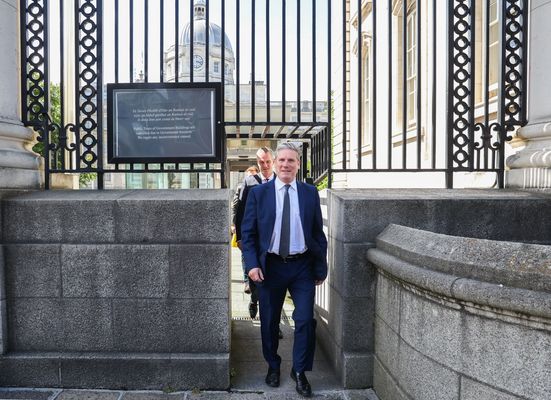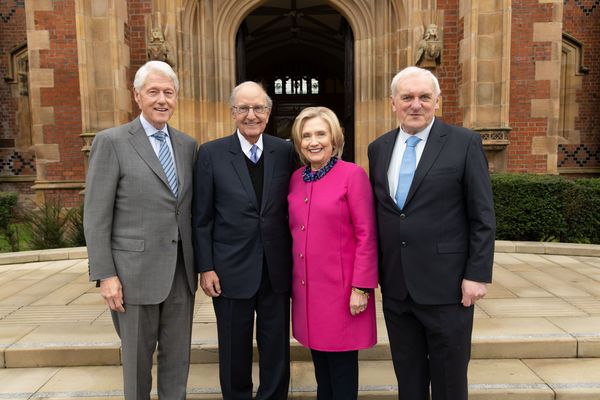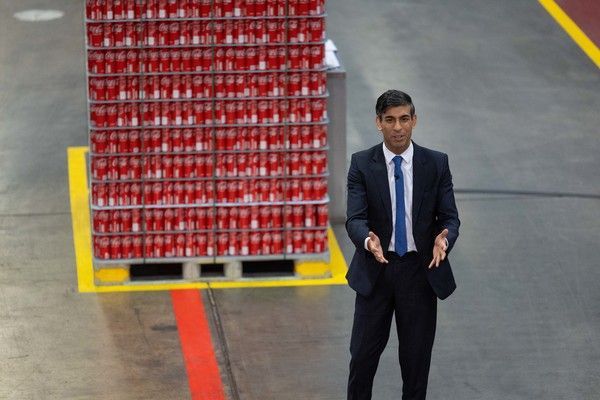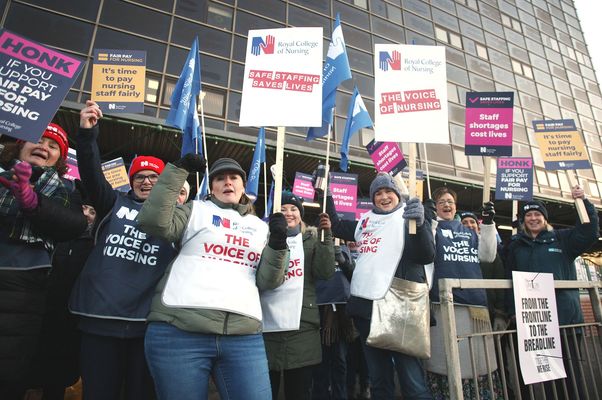GOOD Friday: time for meditation. Good Friday Agreement: time for reflection. As a social science researcher, teacher and learner, the parts of the Agreement that interested me most at the time were those covering rights, safeguards and opportunities. They still do, as the Agreement remains a vital international treaty on these matters. And as someone who believes that the best way forward lies in Irish unity, I was also interested in the parts covering “consultation, co-operation and action within the island of Ireland” (Strand 2). Far from parking the issue of Irish unity with a referendum to take place at some unspecified time in the future, the Agreement set up the North/South Ministerial Council with the commitment, “to use best endeavours to reach agreement on the adoption of common policies, in areas where there is a mutual cross-border and all-island benefit… making determined efforts to overcome any disagreements”. The ink was barely dry on the Agreement when Prof Paddy Hillyard led a team of researchers (myself included) in undertaking the first ever population-wide representative sample survey of poverty and social exclusion (PSE) in the North, funded by OFMDFM and other government departments. This was modelled on the British Millennium PSE Survey of 1999. The Hillyard project differed from the British work in that the survey included questions on people’s experience of the conflict, such as the death of close friends and relatives, injuries, riots, bombings, shootings, imprisonment, house raids, and intimidation at work. We were also determined to collect and analyse the data in a way that would allow proper comparisons, not just on the conventional East/West basis, but also North/South. There was significant resistance to including such questions in the survey. For some, ‘poverty’ was a politically safe, non-sectarian issue so why bring the conflict into it? There were more mundane objections: cost and respondent fatigue over too many questions to answer. Then there were concerns that asking people about what they had experienced and witnessed would trigger adverse psychological responses, so people would need back up advice on where to go for help. Lastly, there was the objection that people might get angry and attack members of the survey team. But we managed to convince the steering group to go ahead with a pilot survey which included the conflict questions. Far from reporting hostility on doorsteps, the pilot survey team told us that the conflict questions had gone down well: “why has no-one asked us about this before?” was the feed-back quote I remember from the time. Ten years later we repeated the PSE survey and included a similar batch of questions on experience of the conflict. There were no objections on this occasion. It was as if it had become acceptable to research the conflict because it was ‘history’: we were now in the 2010s. All this springs to mind because of the recent publication of poverty statistics across Ireland and Britain. In February, the Republic reported on poverty (low income) and deprivation (enforced lack of clothing, heating, food etc) for 2022. It uses calendar years. In contrast, Britain uses April to March so the latest statistics (published at the end of March) are for 2021/22. It uses a different set of deprivation items and a different method of computing deprivation. And there are other differences. The consequence of this is that not many of the published numbers are directly comparable North and South – after all these years and notwithstanding the onus on the chief executive of the North’s statistics agency to develop comparative data. But some are, or are roughly so, as long as we ignore the different time frames and some other factors. For example, income inequality North and South is about the same, but considerably higher in Britain. In the North, 18 per cent of children live in income poverty compared to 15 per cent in the South, but when housing costs are taken into account, the figure jumps to 28 per cent in the South and 21 per cent for the North, reflecting the housing crisis in the South. No comparisons are possible from the published deprivation statistics but, in the South, the proportion of individuals lacking two or more items from a list of eleven basic necessities rose from 14 per cent in 2021 to 18 per cent in 2022.
















